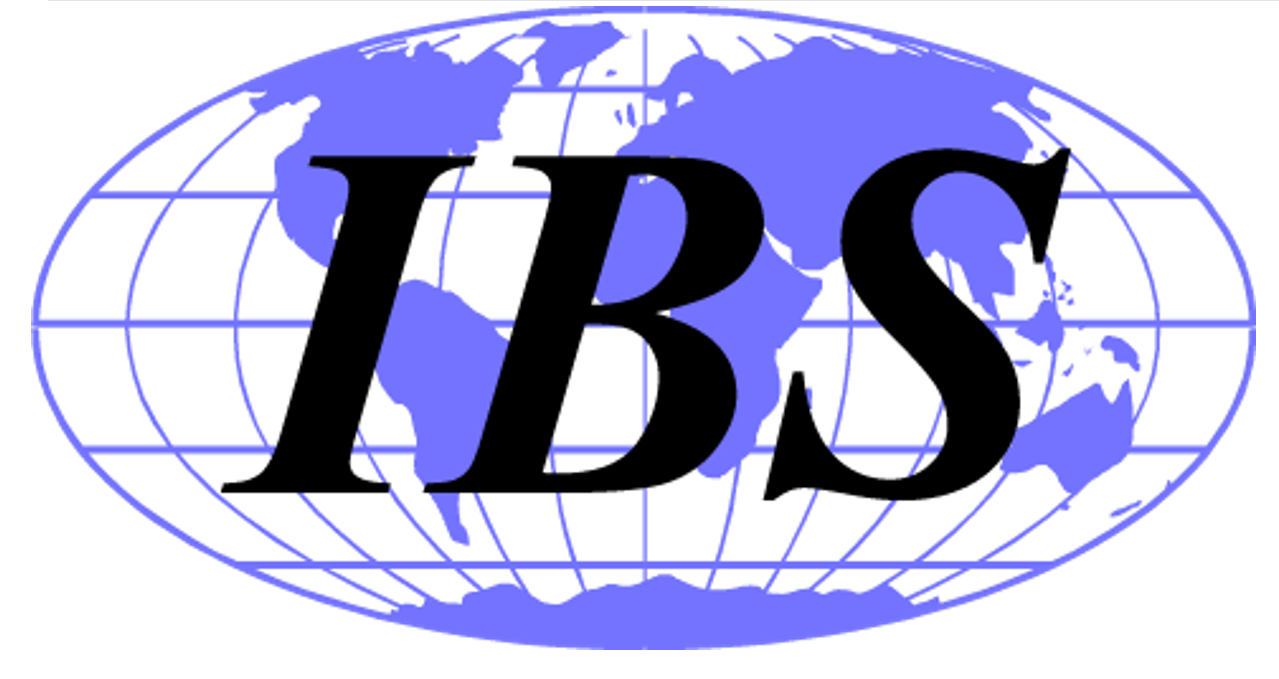
Bridging the Frontier Bob Smith, Executive Director
Bob Smith is Executive Director of the ESD Alliance responsible for its management and operations. Previously, Bob was senior vice president of Marketing and Business Development at Uniquify, responsible for brand development, positioning, strategy and business development activities. Bob began his … More » IBS CEO Handel Jones on the Race to the Future of AIJanuary 12th, 2023 by Bob Smith, Executive Director
Not long ago, I had a fascinating discussion with Handel Jones about his book – When AI Rules The World: China, the U.S. and the Race to Control a Smart Planet. Below is a condensed version of our conversation that initially appeared on the SEMI website.  Handel Jones, CEO of International Business Strategies (IBS) and a well-known, longtime strategic analyst and commentator covering the semiconductor industry, authored the recently published book – When AI Rules The World: China, the U.S. and the Race to Control a Smart Planet. I spoke with Jones about the fascinating read. Smith: The book starts off with the statement that China is way ahead in artificial intelligence (AI) and that the U.S. is dangerously behind. Can you summarize the main reasons this has happened? Jones: AI is heavily dependent on connectivity bandwidth, and China is ahead of the U.S. in 5G connectivity. In addition, China is making extensive use of AI for 3D facial recognition, which is making transactions more efficient, and the mass market for 3D facial recognition is resulting in large improvements in the technology. The 3D facial recognition technology is being used in military applications, including drones, and other areas that require image recognition. This is one example of where China is moving ahead of the U.S. Other areas include adoption of digital currency, autonomous transportation, quantum computing, battery technology, smart robots, and health monitoring.
Smith: The recently announced broad restrictions on U.S. semiconductor exports to China brings up a question about strategy. Is it better to expend energy to slow down your competitor? Or is it better to focus energy on out-innovating your competitor?
Smith: The book makes the point that the U.S. has had a history of rising to technical challenges such as the creation of the interstate highway system and the race to be the first country to put a man on the moon. Do you think it will take some sort of adverse event to get the U.S. to pull together a focused effort on AI? Jones: The rapid development of China’s hypersonic missile technology is a wake-up call for the U.S., and the U.S. is responding. The response is the Department of Commerce’s Bureau of Industry and Security (BIS) restrictions on exports rather than focusing resources on ensuring global leadership in AI. However, building 600km/hour railroad system in China has not been a wake-up call for the U.S. The development of battery technology leadership in China for EVs has not been a wake-up call for the U.S. Let us see what happens next with the wake-up call in Washington, D.C. regarding the hypersonic missiles and drones that are complementary. Slowing China may buy some time for the U.S. but does not solve the fundamental problems of emphasis by China on global leadership in AI. Smith: Cybersecurity is a huge concern as we move into the all-digital economy. What role can AI play in ensuring that the digital economy is highly secure and dependable?
Smith: The concept of the virtual digital twin is both exciting and frightening at the same time. How can we manage to get the positive benefits from AI without also giving up our personal information and freedoms? Jones: The virtual digital twin is an inevitable part of AI, and the key issue is timing. A companion can be a VR headset, and while the ones available today are not effective, this will change. While Meta has high profile for its VR headsets, there are multiple programs in China that are not being disclosed. The virtual digital twin may be a competitive asset for an individual but may also control an individual. Society may be controlled if a central organization controls the virtual digital twins. Agree, that this is both exciting and frightening, but we have to be prepared for change, and changes will be far greater than we have experienced in the past. About Handel Jones Handel Jones is the CEO of International Business Strategies (IBS). Over the past 30+ years he has provided strategic support to leading global electronic suppliers and financial institutions around the world including Apple, Arm, Cadence, Citigroup, Goldman Sachs, IBM, Siemens, Synopsys, and TSMC. He has authored four books on China: China’s Globalization – How China Becomes No. 1; Chinamerica; Artificial Intelligence: How AI and IA Reshape the Future; and his most recent book When AI Rules the World: China, the U.S., and the Race to Control a Smart Planet. He also contributes to publications including The Wall Street Journal, The Economist, The New York Times, Forbes, China Daily, Global Times, EE Times and Asia Times. |
|
|
|||||
|
|
|||||
|
|||||


 Jones: AI is a key part of cybersecurity. AI may be the enemy or a friend. The amount of data being generated and processed is increasing exponentially, and security is becoming a bigger and bigger threat. AI-based tools could shut down the electricity supply of a nation and the damage can be large. The banking system can be shut down. Leadership in AI is critical.
Jones: AI is a key part of cybersecurity. AI may be the enemy or a friend. The amount of data being generated and processed is increasing exponentially, and security is becoming a bigger and bigger threat. AI-based tools could shut down the electricity supply of a nation and the damage can be large. The banking system can be shut down. Leadership in AI is critical.



